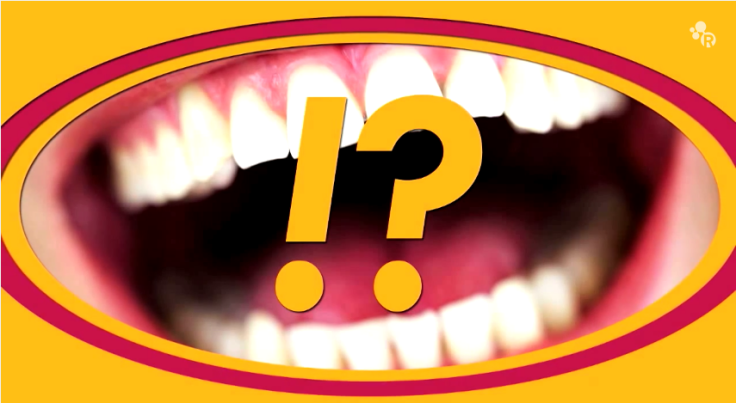Orange Juice And Toothpaste Don’t Mix: The Simple Science Behind An Un-Sweet Sensation

It’s a shame the two can’t get along. All we want to do is maintain a high standard of oral hygiene and enjoy a tall glass of OJ in the morning. Unfortunately, our taste buds have other plans, and the truth is, brushing your teeth and drinking orange juice were never meant to be.
To understand why orange juice loses all of its sweetness, it helps to understand how toothpaste affects your taste buds. Of the four main ingredients in toothpaste, which include water for adding body, abrasives for clearing plaque, fluoride for preventing cavities, and detergent for foaming, the main taste bud offender is the detergent. Specifically, a type of detergent known as sodium lauryl sulfate, or SLS, suppresses the sweet receptors on our tongue and destroys the compound that inhibits bitter receptors.
The one-two punch keeps your sweet-sensing abilities at bay while clearing a path for bitter molecules to reach the tongue’s receptors. This means the orange juice is actually a red herring; it just so happens that particular sugary beverage is our sugary beverage of choice in the a.m. You’d find the same effect if you brushed your teeth before gulping down a glass of apple juice, Gatorade, or (for whatever reason) plain old sugar water.
Getting rid of the nasty effect and restoring your mouth’s balance of bitter-inhibiting phospholipids isn’t easily accomplished. A 2005 study found people needed at least an hour for the effect to disappear, while other foods and beverages, such as fatty sausage and hearty coffee, needed as little as four minutes. Maybe that’s why caffeine is the world’s most popular drug.



























